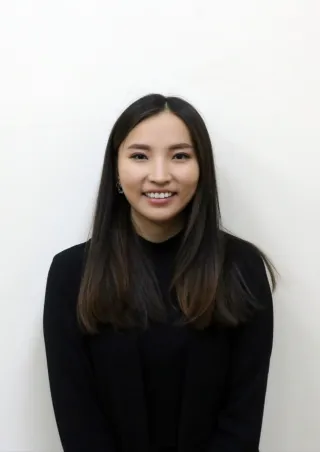Master 1 subject
Development-Management, Master 1 subject
- What are the reasons of the (in)effectiveness of development aid and assistance?
- What are the reasons for the development or under-development of certain nations and regions?
- How can the effectiveness of programmes and projects of development cooperation be measured?
- What are the practical problems of planning, implementation, and evaluation of development programs and projects in the existing framework of international developmental cooperation?
- What approaches of analyzing development as a whole exist on a theoretical and practical level, seen through the lens of an interdisciplinary and international masters programme?
Profile |
|
|
Degree
|
Master of Arts
|
|
Start
|
Winter semester
|
|
Duration
|
3 semesters
|
|
Classroom language
|
English
|
|
Admission
|
Not restricted, application at the faculty required
|
rub



